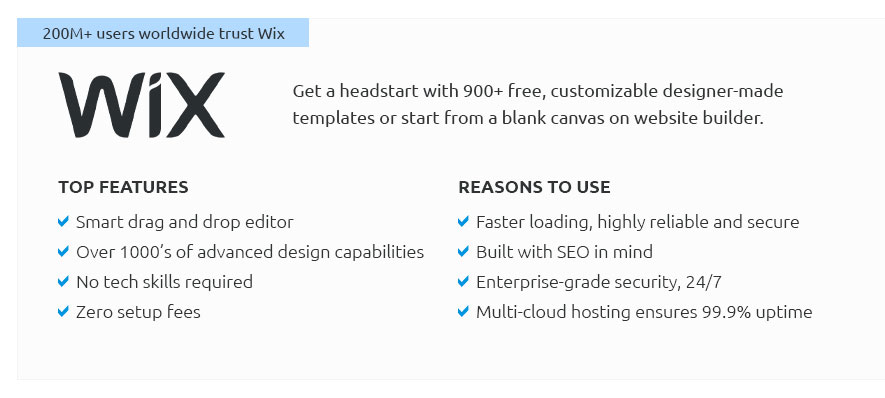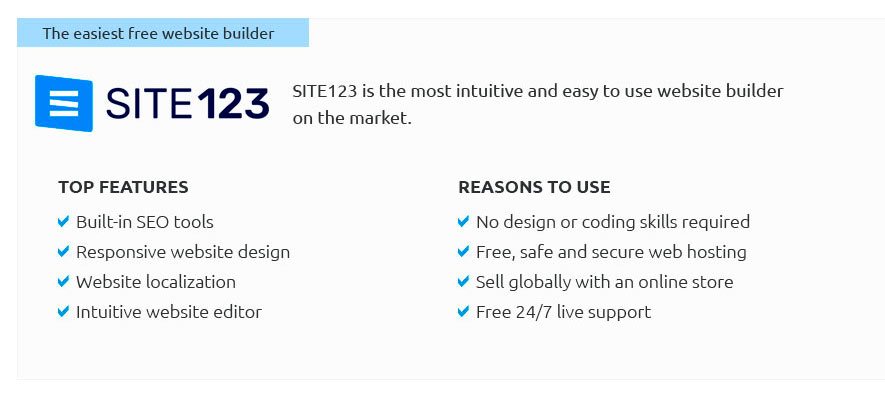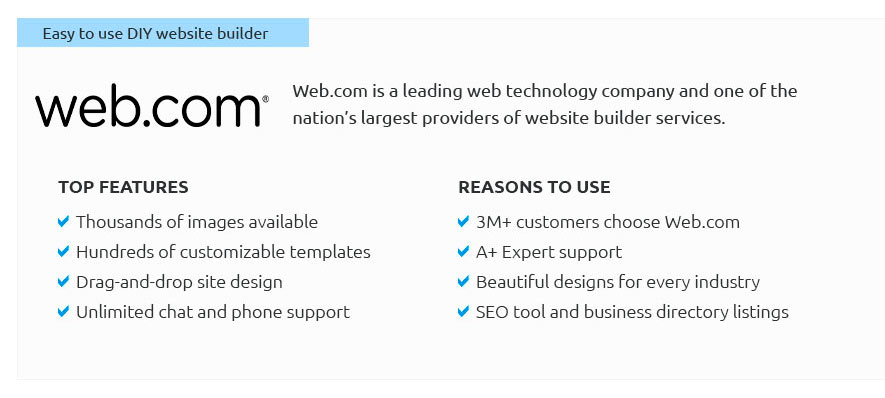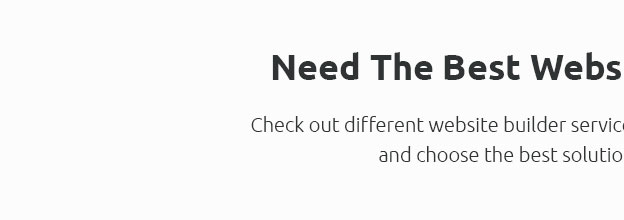 |
 |
 |
 |
|
 |
 |
 |
|
 |
|
 |
 |
|
 |
|
 |
|
 |
 |
The Rise of Simple Web Builders: Bridging Creativity and AccessibilityIn today's digital age, the internet stands as a vast tapestry of information, commerce, and creativity, a realm where one's online presence can either open doors or obscure opportunities. Amidst this backdrop, the emergence of simple web builders has redefined how individuals and businesses alike approach web development. But what exactly makes these tools so revolutionary, and how do they cater to the varied needs of users across the globe? At their core, simple web builders are designed to empower users, regardless of their technical prowess, to craft visually appealing and functional websites with ease. These platforms, often accompanied by intuitive drag-and-drop interfaces, remove the daunting barrier of coding, allowing users to focus on what truly matters-their content and message. This paradigm shift democratizes web design, opening up a world of possibilities for entrepreneurs, creatives, and small business owners who might otherwise be deterred by the complexities of traditional web development. One of the most compelling benefits of using a simple web builder is the speed at which one can go from concept to launch. In a world where time is of the essence, the ability to rapidly prototype and publish a website can be a game-changer, particularly for startups eager to establish an online footprint. Additionally, these platforms often come equipped with a plethora of customizable templates that cater to a wide array of industries and aesthetics, ensuring that users can find a starting point that aligns with their brand identity. Beyond aesthetics, simple web builders also excel in providing built-in functionalities that enhance the user experience. Features such as responsive design ensure that websites look stunning across devices, while integrated SEO tools help improve visibility on search engines-a crucial aspect for any online endeavor. Moreover, many of these builders offer e-commerce capabilities, enabling users to transform their sites into fully-fledged online stores with minimal effort. The use cases for simple web builders are as diverse as the internet itself. For small business owners, these tools offer a cost-effective solution to establish an online storefront or service portal. For bloggers and creatives, they provide a canvas to showcase their work and share their voice with the world. Educational institutions and non-profits can leverage these platforms to disseminate information and engage with their communities without the need for extensive technical resources.
However, it is essential to acknowledge that while simple web builders offer numerous advantages, they may not be the ideal solution for every project. Businesses with complex requirements or those seeking highly customized solutions might find the limitations of template-based design restrictive. Nonetheless, for the majority of users, the balance of functionality, ease of use, and cost-effectiveness makes simple web builders an invaluable tool in the modern web landscape. In conclusion, simple web builders have not only lowered the entry barrier to web development but have also fostered a more inclusive internet. By placing powerful design tools in the hands of everyday users, they have become catalysts for innovation and expression, bridging the gap between creativity and accessibility. As technology continues to evolve, one can only anticipate that these platforms will further refine their offerings, continually reshaping how we perceive and construct our digital identities. https://www.canva.com/website-builder/
Design and launch a professional, one-of-a-kind website in minutes with Canva's free website builder. Use free customizable templates, easy drag-and-drop tools ... https://www.youtube.com/watch?v=APnD33TTOjE
Carrd https://try.carrd.co/r2x1byk2 Canva https://www.canva.com Wix https://wix.pxf.io/c/41544/2096727/25616?trafcat=wsb Ucraft ... https://www.reddit.com/r/WebsiteBuilder/comments/1b7in5o/best_free_website_builder_in_2024/
For a free website builder that's easy to use and has some great design features, I'd recommend trying Wix or Square Online. Both offer free ...
|